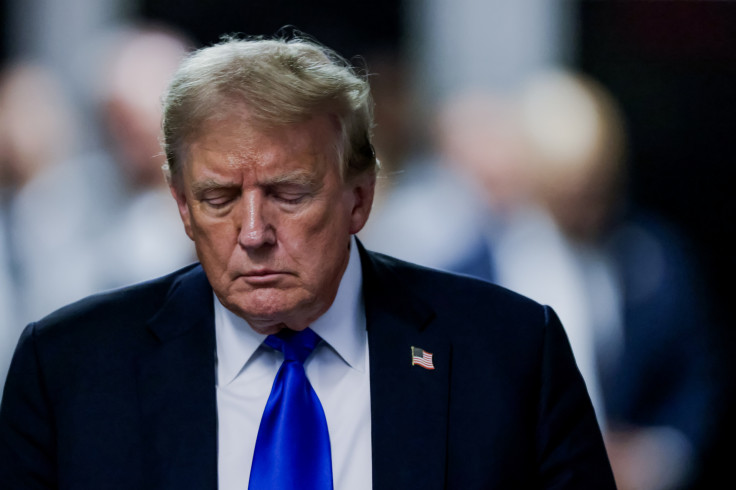
President-elect Donald Trump revealed during a recent interview on NBC's "Meet the Press" that he plans on ending birthright citizenship in the U.S., a right protected by the 14th Amendment of the Constitution. "We're going to have to get it changed", Trump said. "We'll maybe have to go back to the people. But we have to end it."
When pressed further, Trump went as far as to suggest he would do it through executive action and that he had originally sought to do so during his first term. "I was going to do it through executive action but then we had to fix Covid first, to be honest with you," Trump said. "We have to end it. It's ridiculous."
His comments have sparked debate among lawmakers and legal experts, who have suggested that his plan faces "extremely challenging hurdles," setting the stage for a potential Supreme Court showdown, as a new piece by The Hill explains.
Republican lawmakers on Capitol Hill have sided with Trump, saying the 14th Amendment's language, which grants all people born in the United States citizenship, is being used in a way the amendment's framers never anticipated and should. As Sen. John Cornyn (R-Texas) told The Hill, it's "clear" that the Amendment and birthright citizenship are "being exploited."
Trump and his supporters propose a narrower reading of the amendment, claiming that certain groups, including children of tourists, students, and other temporary visitors, should not qualify for citizenship. Proponents of this view point to historical contexts, such as the exclusion of Native Americans from citizenship under the original understanding of the amendment, to support their argument.
Dems, on the other are growing weary of Trump's intentions. "What was notable to me about [the] interview over the weekend is — it wasn't that he said what he said, because he's said it before — it's that he said it unprompted," Sen. Tim Kaine (D-Va.) Kaine told The Hill in regards to Trump's interview. "He really got asked a question about mass deportation and building the wall but then he put the birthright citizenship in the middle of the answer."
If the suggested executive action were to be implemented, such a measure would likely face legal challenges and could reach the Supreme Court, which currently has a 6-3 conservative majority. In such an instance, analysts believe the Supreme Court could rule that classes of foreigners on U.S. soil are not necessarily subject to the jurisdiction of the United States and therefore their children, if born in this country, are not entitled to citizenship.
"Seemingly what Trump wants to do is have the courts tighten up the interpretation, to make it more restrictive," explained professor on Constitutional Law and former Dean of National Paralegal College Jeremy Rovinsky to The Latin Times. "Different Justices on the Supreme Court take different approaches to Constitutional interpretation. For example, Justice Thomas is known for looking straight at the text and rejecting additions that more activist Justices read into it."
"I always tell my students: 'It doesn't matter what the Constitution says... all that matters is what the majority of the Supreme Court Justices say the Constitution says," concluded Rovinsky.
© 2024 Latin Times. All rights reserved. Do not reproduce without permission.











